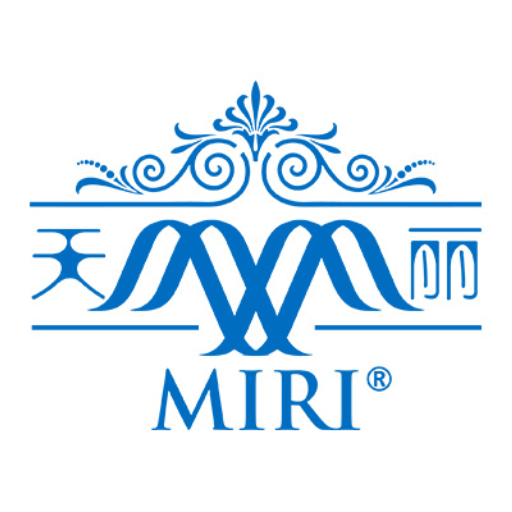Understanding Menopause: Symptoms, Phases, and Natural Support
Menopause is a natural biological transition that every woman experiences, typically occurring between the ages of 45 and 55. This phase marks the end of menstrual cycles and fertility, accompanied by hormonal shifts that can bring about various physical and emotional changes. While menopause is a normal part of aging, its symptoms can significantly impact daily life. Understanding this transition and knowing how to manage it naturally can help women navigate menopause with confidence and ease.
What Is Menopause?
Menopause is defined as the point when a woman has not had a menstrual period for 12 consecutive months. It results from a decline in reproductive hormones, particularly estrogen and progesterone, which regulate the menstrual cycle. The years leading up to menopause, known as perimenopause, can involve fluctuating hormone levels and symptoms such as irregular periods, hot flashes, and mood swings. To learn more about the phases before menopause, check out our blog on Premenopause.
Common Symptoms of Menopause
The hormonal changes during menopause can trigger a wide range of symptoms, including:
- Hot flashes & night sweats – Sudden feelings of intense heat, often accompanied by sweating.
- Sleep disturbances – Insomnia or difficulty staying asleep due to hormonal fluctuations.
- Mood swings & irritability – Hormonal shifts can affect serotonin levels, leading to emotional changes.
- Vaginal dryness – Reduced estrogen can cause discomfort during intercourse.
- Weight gain – Metabolic changes can make it harder to maintain weight.
- Bone density loss – Declining estrogen increases the risk of osteoporosis.
For a deeper look at these symptoms, read our guide on Menopause Symptoms.
The Three Stages of Menopause
Menopause doesn’t happen overnight—it occurs in stages:
1. Perimenopause
This transitional phase begins several years before menopause, where estrogen levels start to fluctuate unpredictably. Symptoms like irregular periods, hot flashes, and sleep issues often begin here.
2. Menopause
Officially diagnosed after 12 consecutive months without a period, menopause marks the end of a woman’s reproductive years.
3. Postmenopause
The years following menopause, where symptoms may decrease, but long-term health considerations (such as heart and bone health) become more important.
Learn more about these phases in our article on 12 Types of Menopause.
Natural Ways to Manage Menopause Symptoms
While menopause is inevitable, its symptoms can be managed naturally. Here are some effective strategies:
1. Diet & Nutrition
Eating a balanced diet rich in phytoestrogens (found in flaxseeds, soy, and legumes) can help balance hormones. Calcium and vitamin D are essential for bone health, while omega-3s support heart health.
2. Exercise Regularly
Weight-bearing exercises strengthen bones, while yoga and meditation help reduce stress and improve sleep.
3. Herbal & Natural Supplements
Supplements like black cohosh, red clover, and evening primrose oil may help alleviate hot flashes and mood swings. For hormonal balance and enhanced vitality, consider Miri Feminine Essence, a natural herbal blend that supports menopause wellness.
4. Hydration & Skin Care
Menopause can cause dry skin and hair loss. Staying hydrated and using nourishing products like Miri Collagen Protein can help maintain skin elasticity and joint health.
5. Hormone Support
Phytoestrogen-rich herbs like Pueraria Mirifica can mimic estrogen effects naturally. Check out our blog on Menopause Natural Remedies for more insights.
When to Seek Medical Advice
While menopause is a natural process, severe symptoms like persistent insomnia, debilitating hot flashes, or significant mood changes may require medical intervention. Hormone Replacement Therapy (HRT) may be an option, but natural alternatives are also available. For a comparison, see Menopause Treatment: Natural vs. Synthetic.
Embracing Menopause with Confidence
Menopause is not an end but a new beginning. By understanding the changes and adopting holistic strategies, women can thrive during this transition. For more tips on maintaining wellness, visit our comprehensive guide on Menopause and Wellness.
Every woman’s experience is unique—what’s most important is finding the right support and self-care practices that work for you. With the right approach, menopause can be a time of renewal and vitality.
